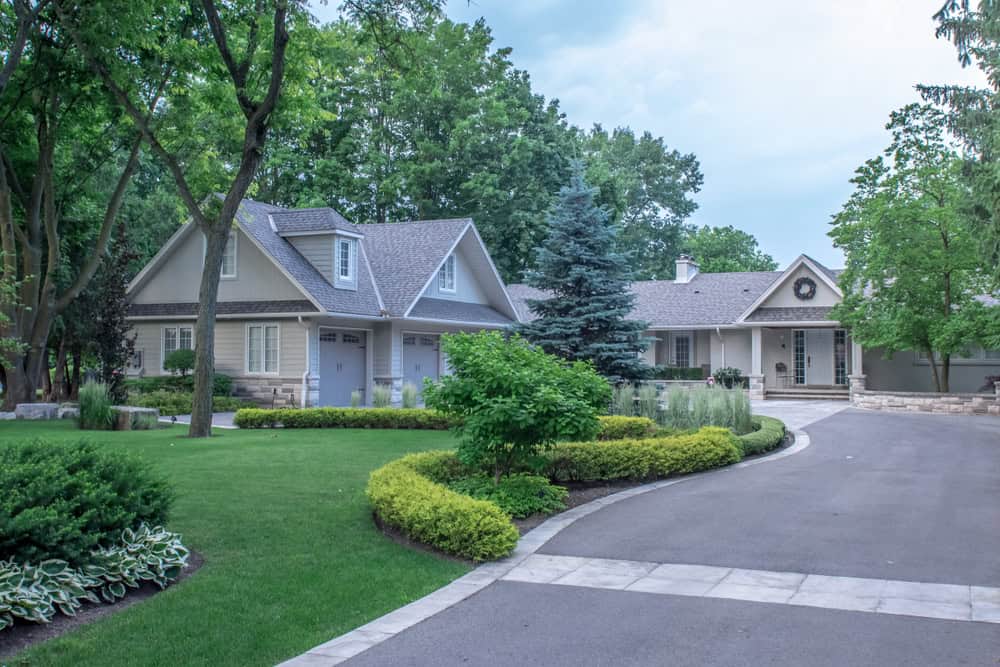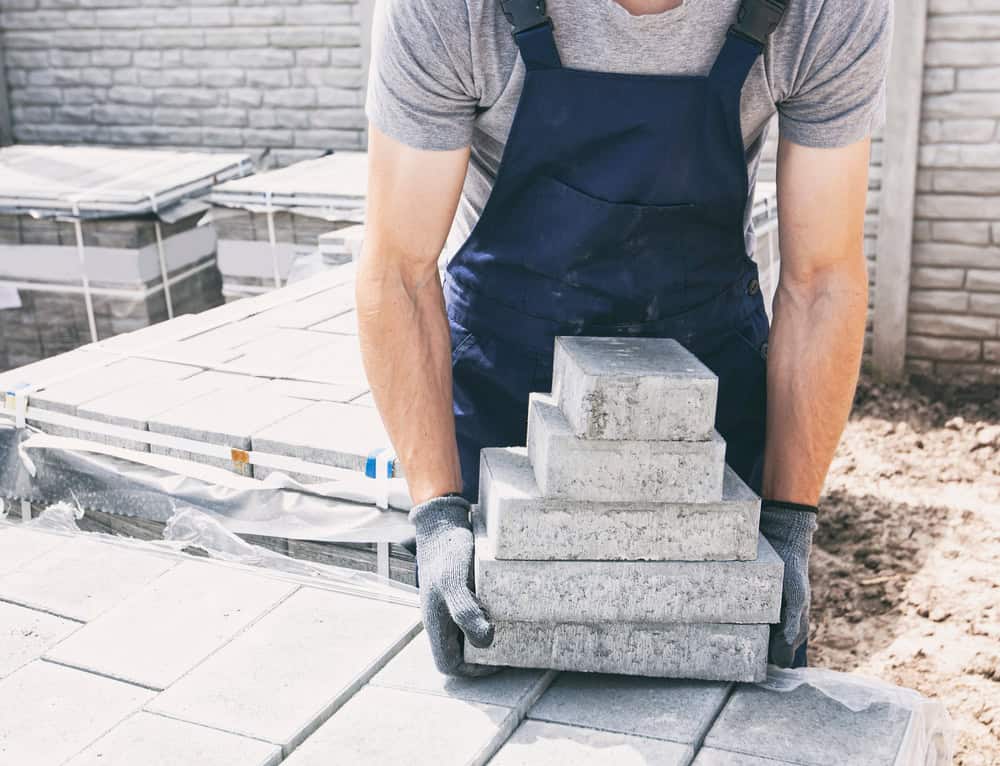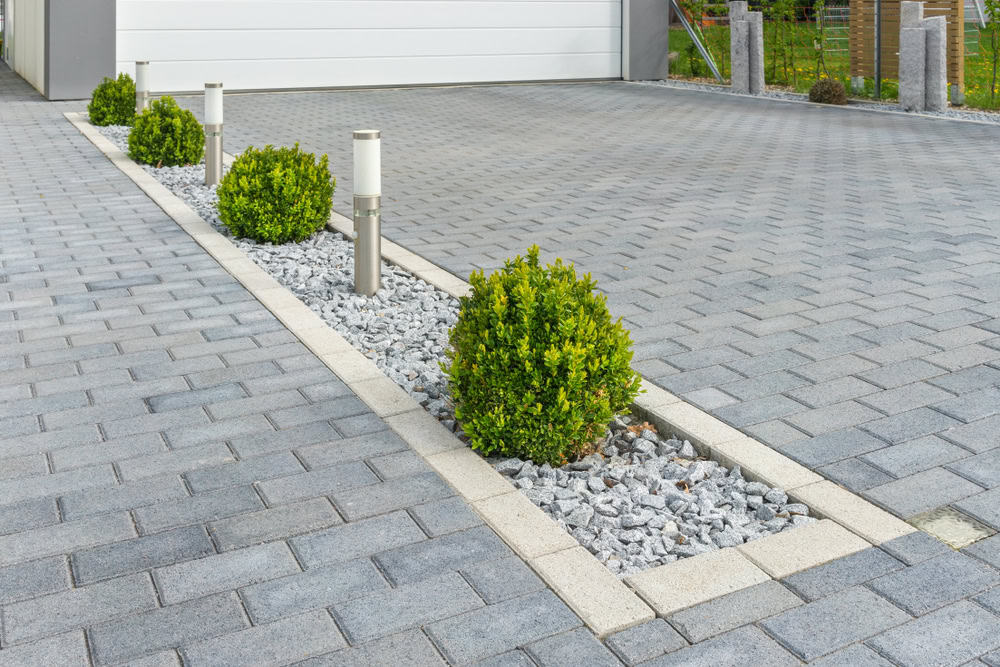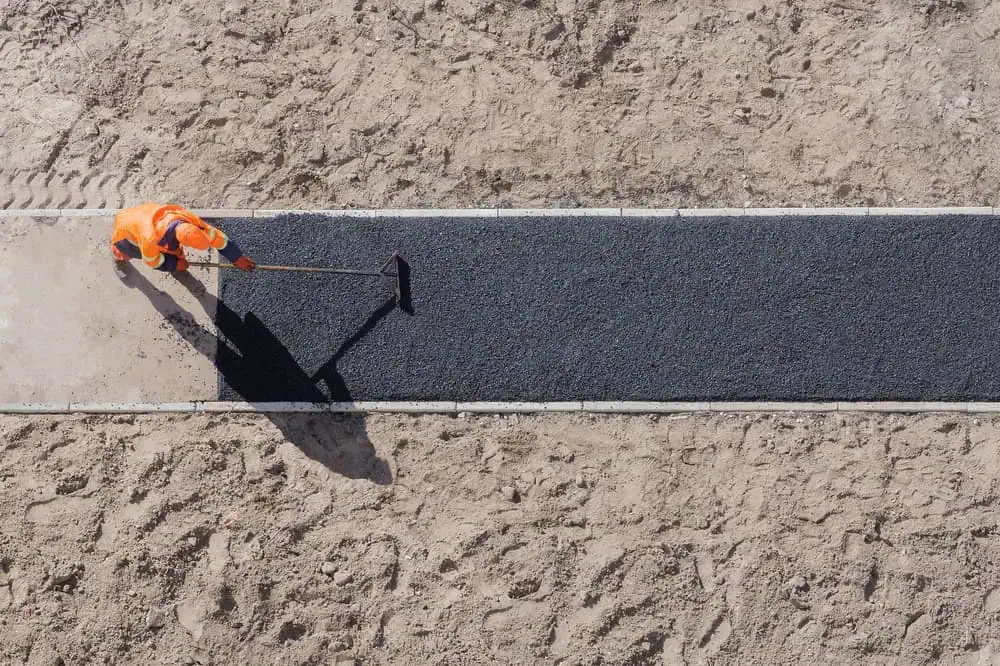Professional paving installation designed for New England weather and your peace of mind.


Your backyard becomes the place everyone wants to gather. No more avoiding that cracked concrete patio or dealing with puddles after every storm.
Quality paver installation means level surfaces that stay level. Proper drainage that actually works. Materials that handle our freeze-thaw cycles without cracking or shifting.
You get an outdoor space that looks great year after year. No constant repairs or embarrassing explanations to guests about “that one sunken section.”
Academy Masonry has been handling paving installation in Townsend and surrounding areas for years. We understand local soil conditions, drainage challenges, and what materials actually hold up here.
You’re not getting a crew that learned about New England weather from a manual. Our team has seen what works and what fails when the ground freezes and thaws.
We’re licensed, insured, and local. When you need us, we’re here.

First, we assess your site and discuss your vision. No pressure, just straight talk about what’s possible within your budget and timeline.
Next comes proper excavation and base preparation. This is where most contractors cut corners, and it’s where most paver projects fail. We dig to proper depth, install the right base materials, and ensure proper drainage slope.
Then we install your pavers with precision. Every piece level, every joint consistent, every edge secured. We finish with quality jointing sand and sealing when appropriate.
You get a final walkthrough where we explain maintenance and answer any questions. Simple as that.

Ready to get started?
Every paving installation includes proper site preparation, quality base materials, and professional installation. We handle permits when required and work around your schedule.
You’ll see options for different paver materials, colors, and patterns that fit your home’s style and your budget. We source from reliable suppliers and stand behind our material choices.
Townsend’s clay soil and seasonal weather patterns require specific installation techniques. We adjust our approach based on your property’s unique conditions, ensuring your pavers perform well long-term.

Local Resources